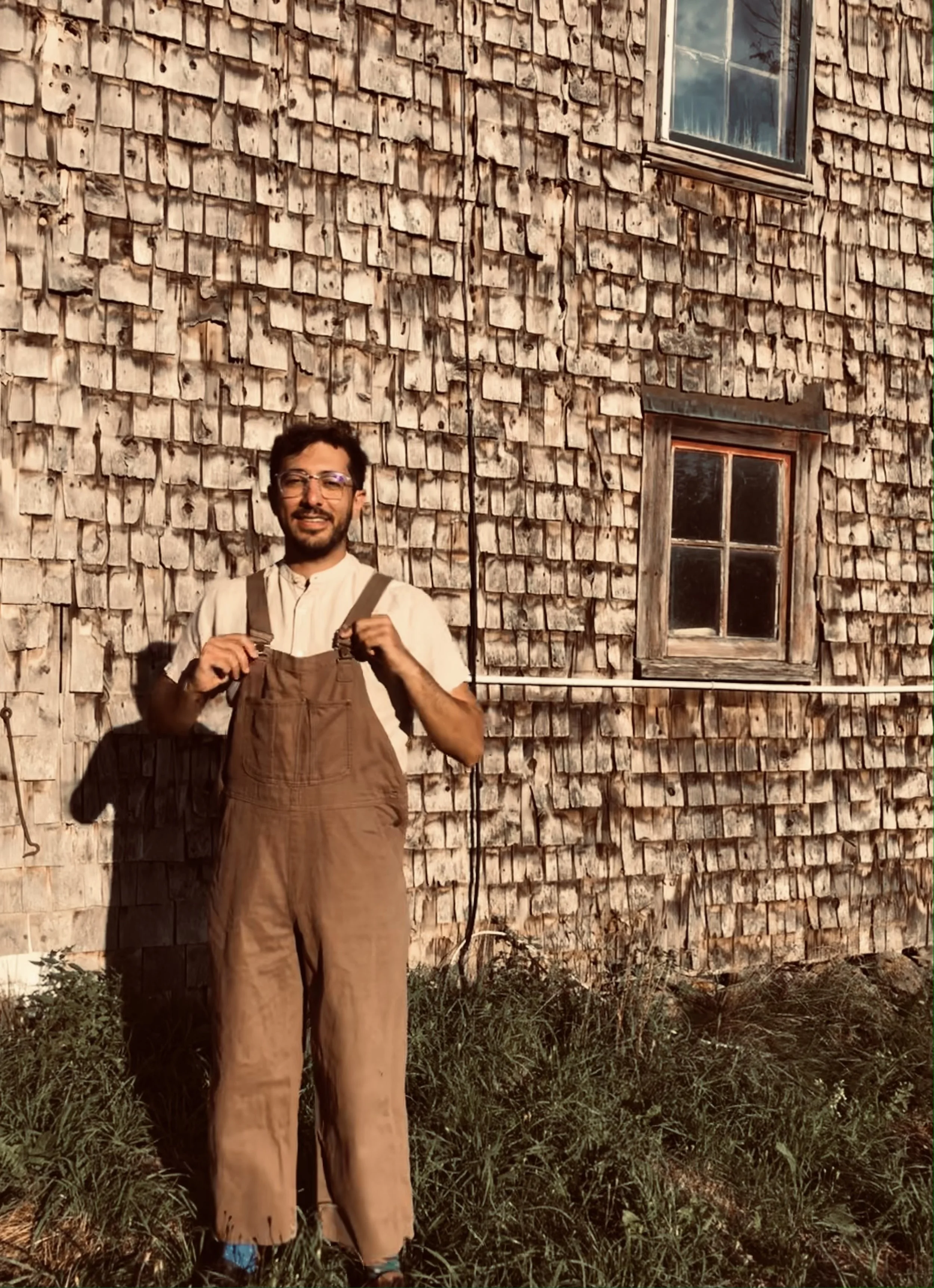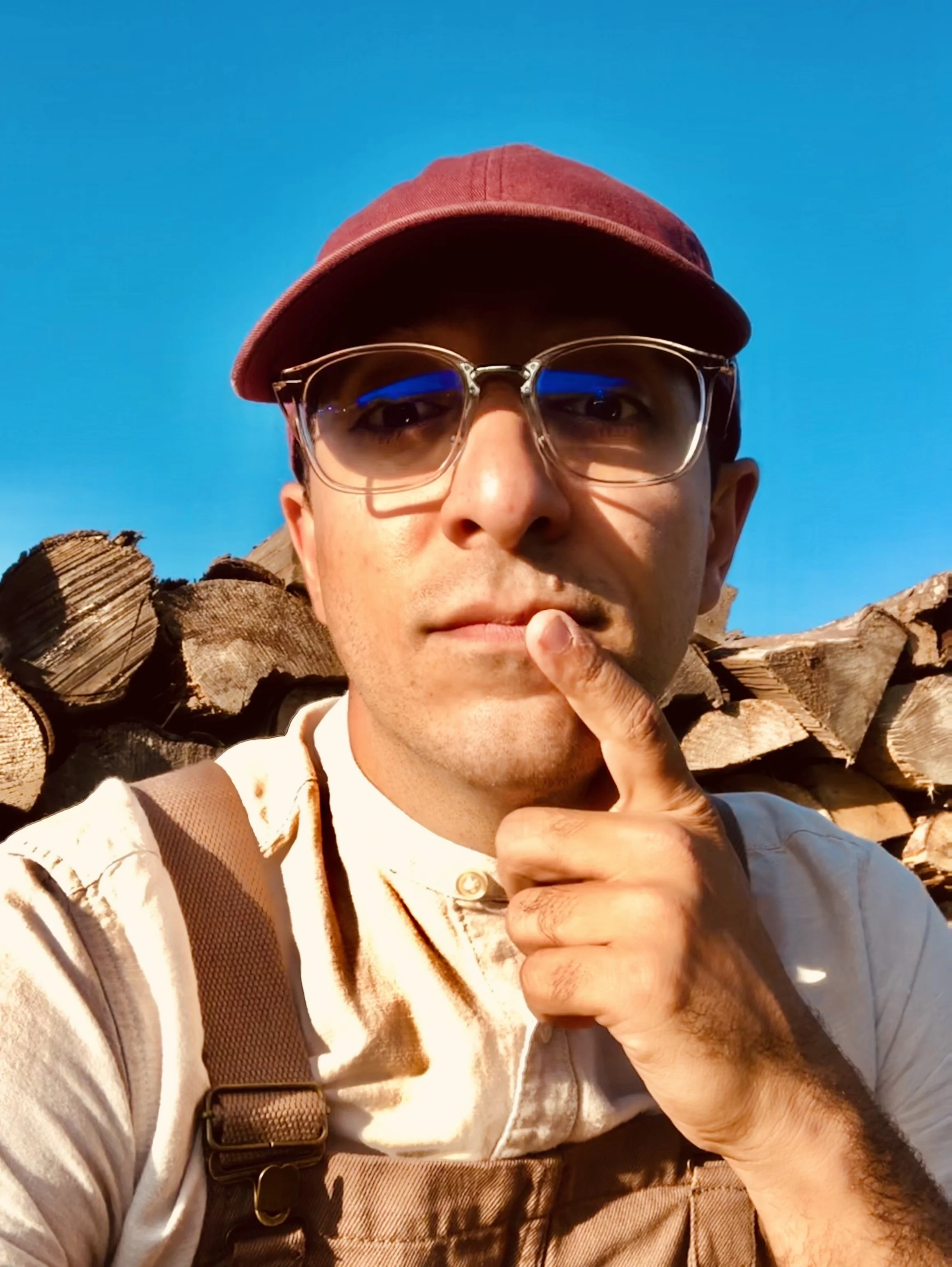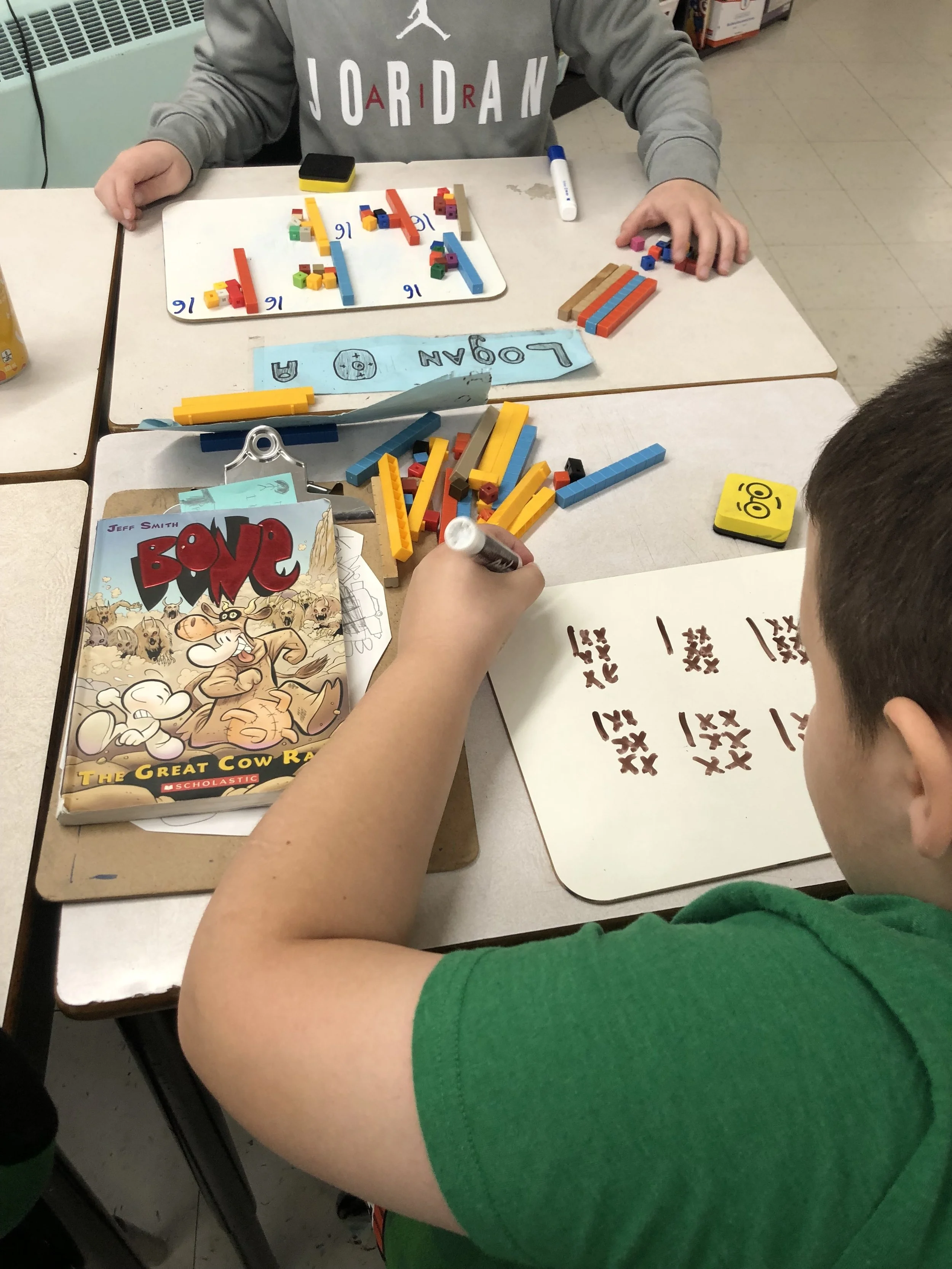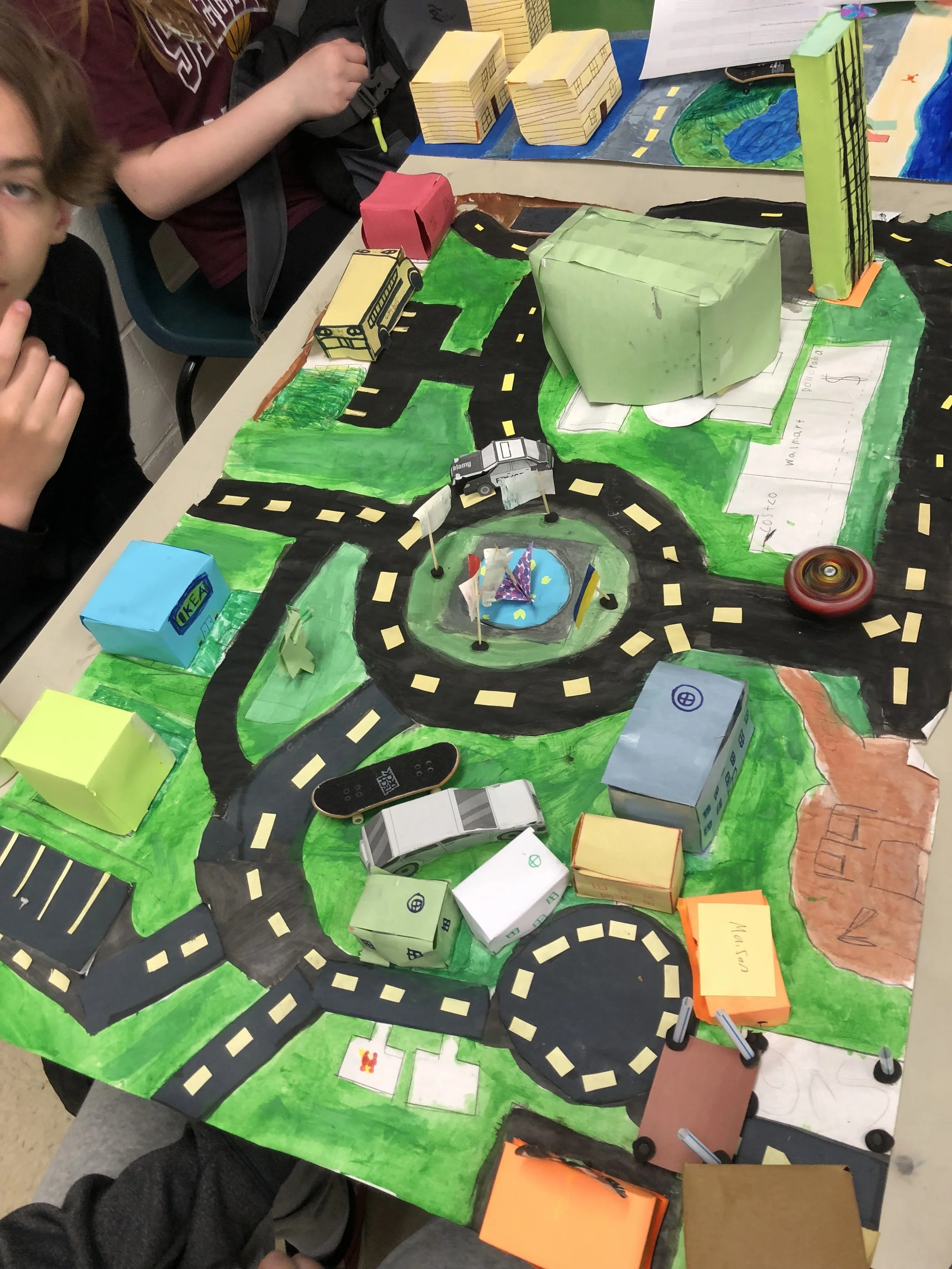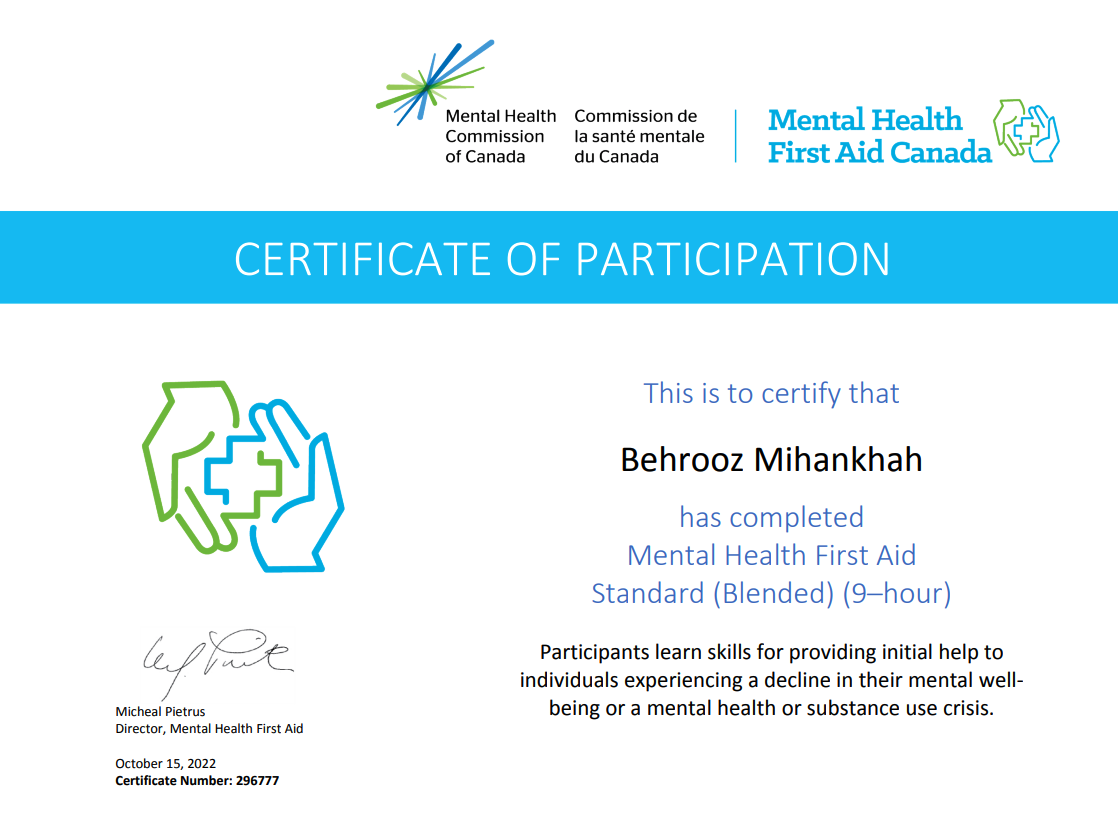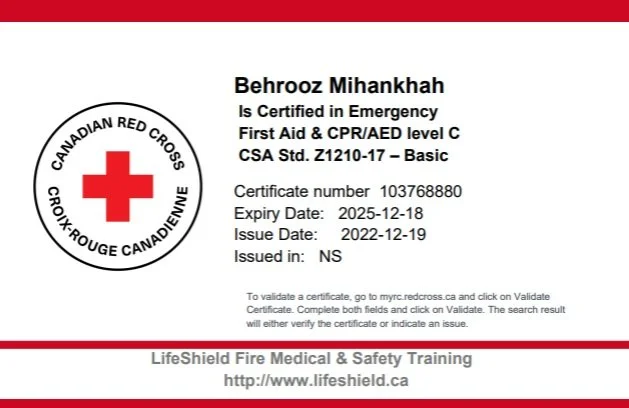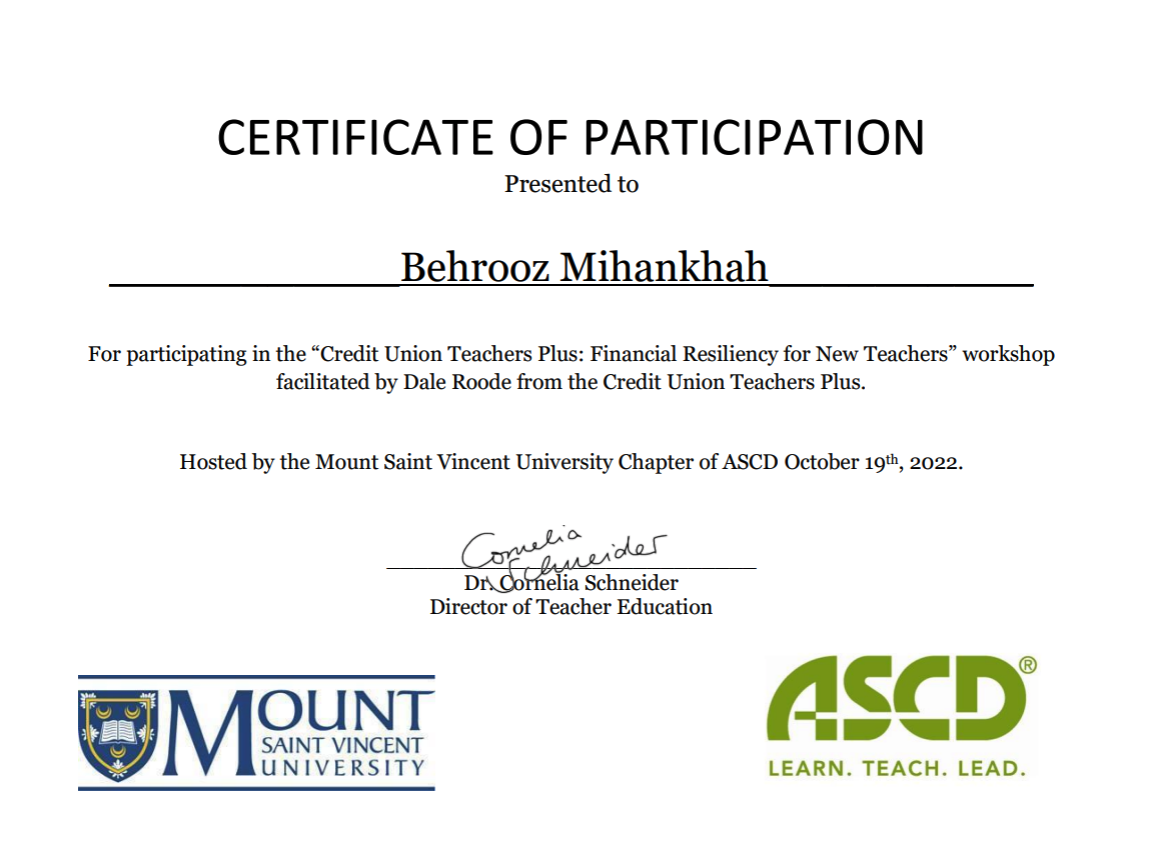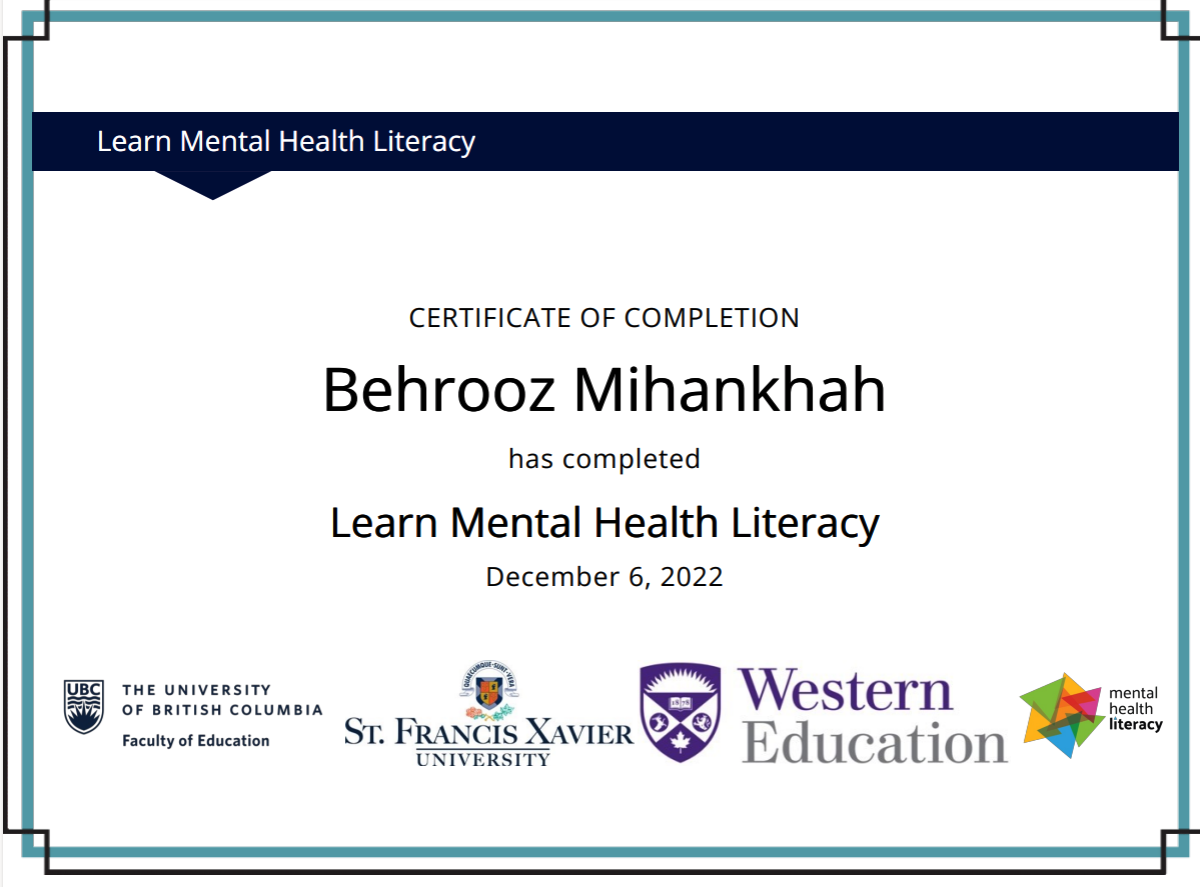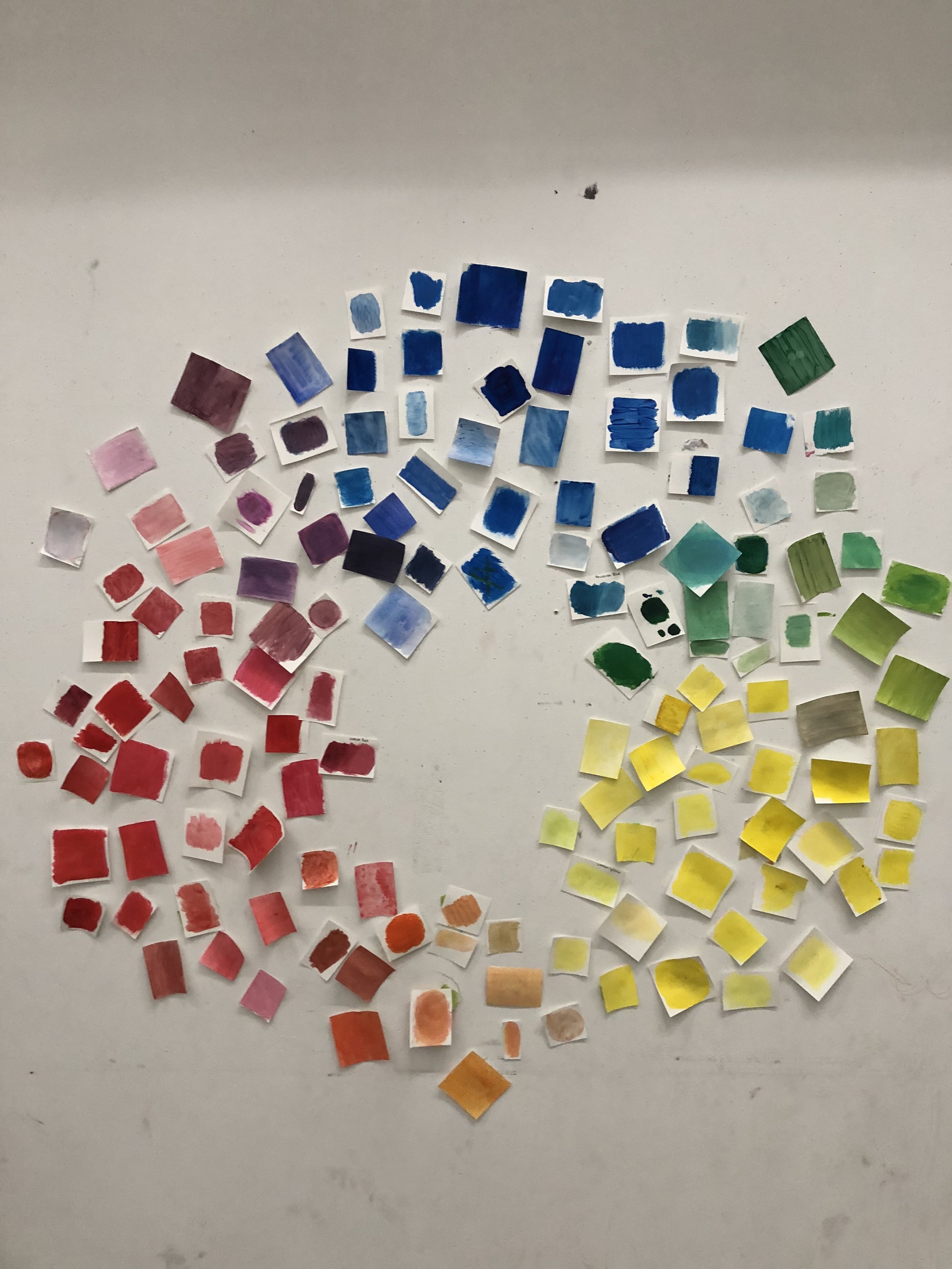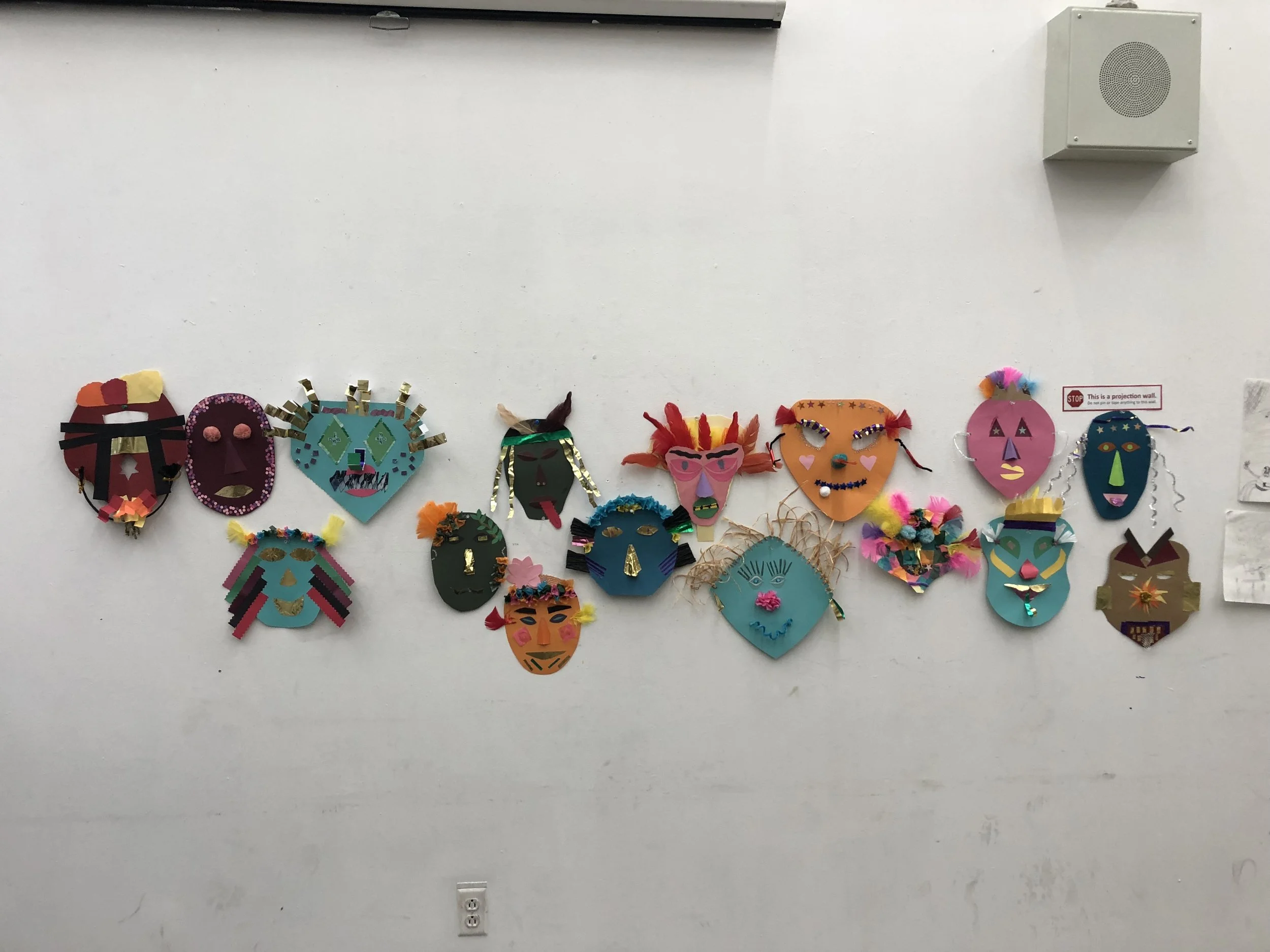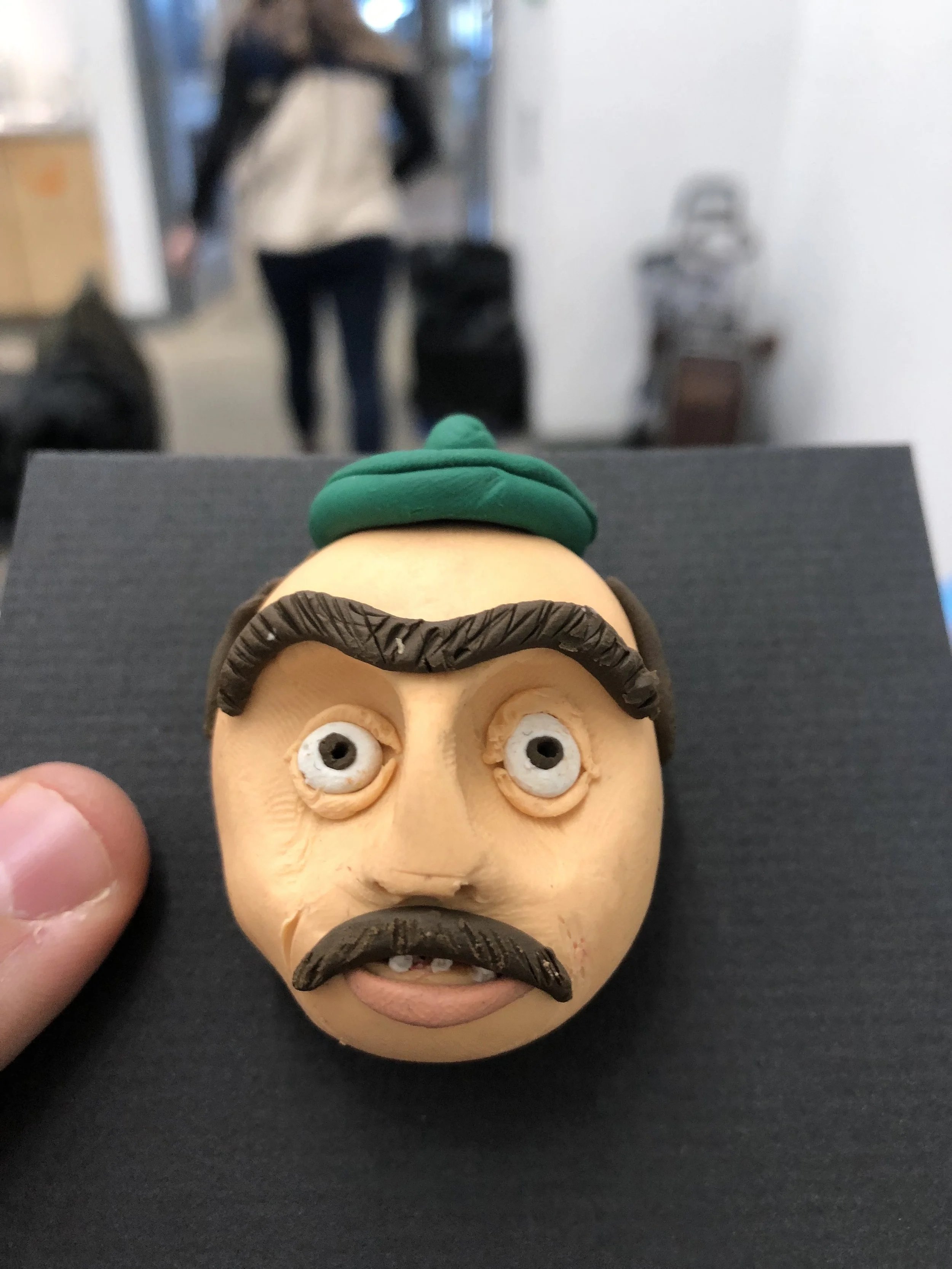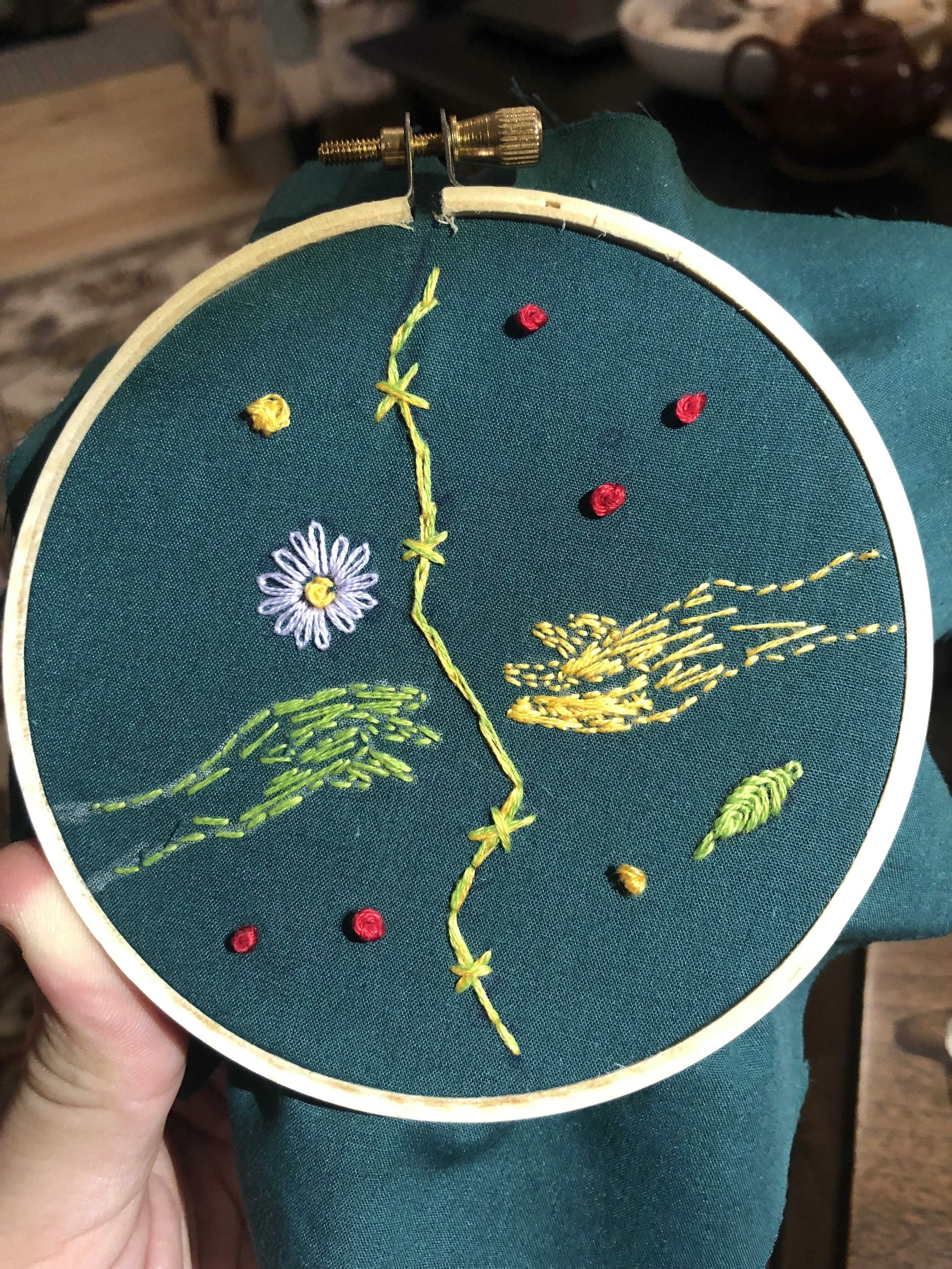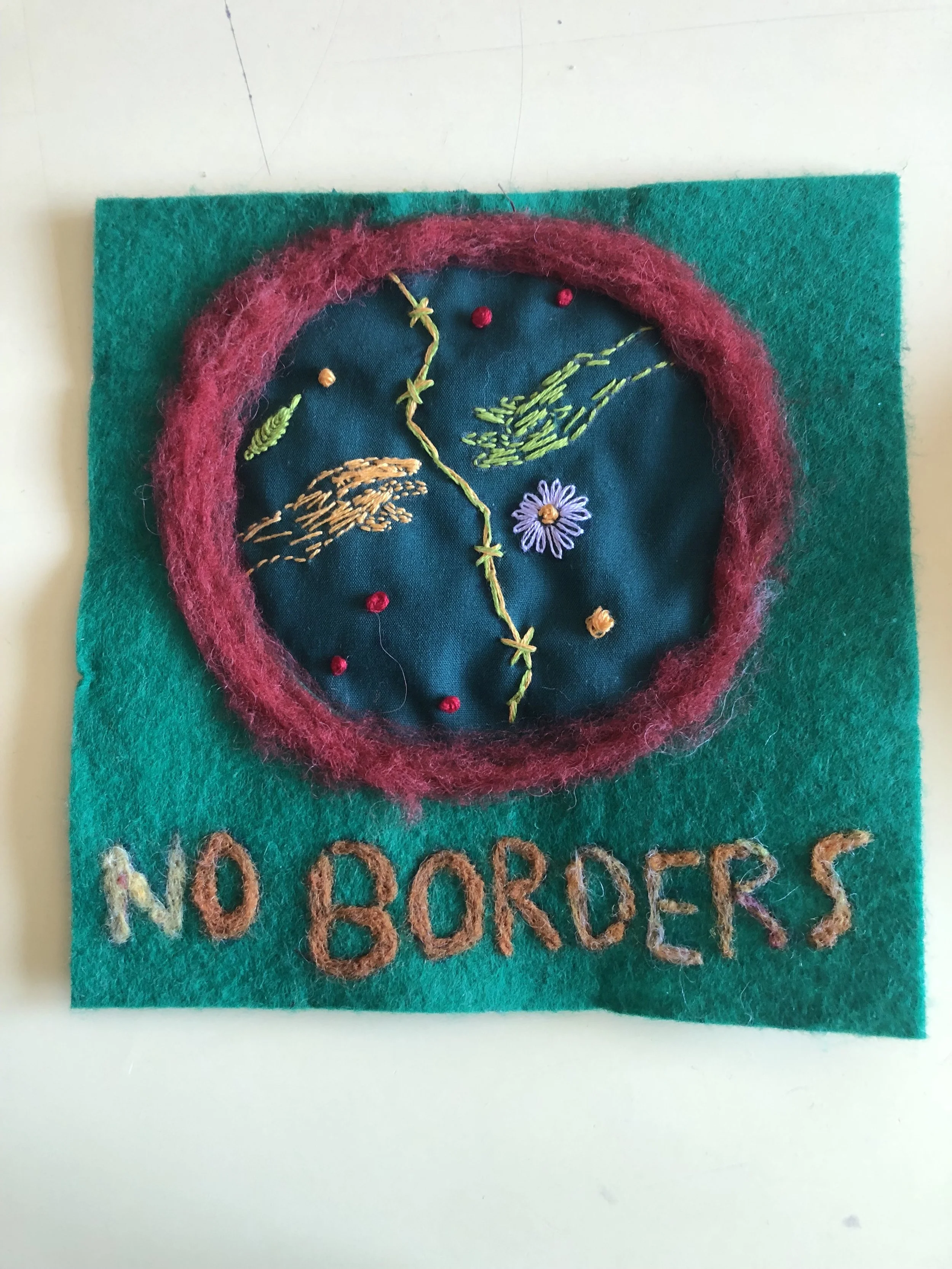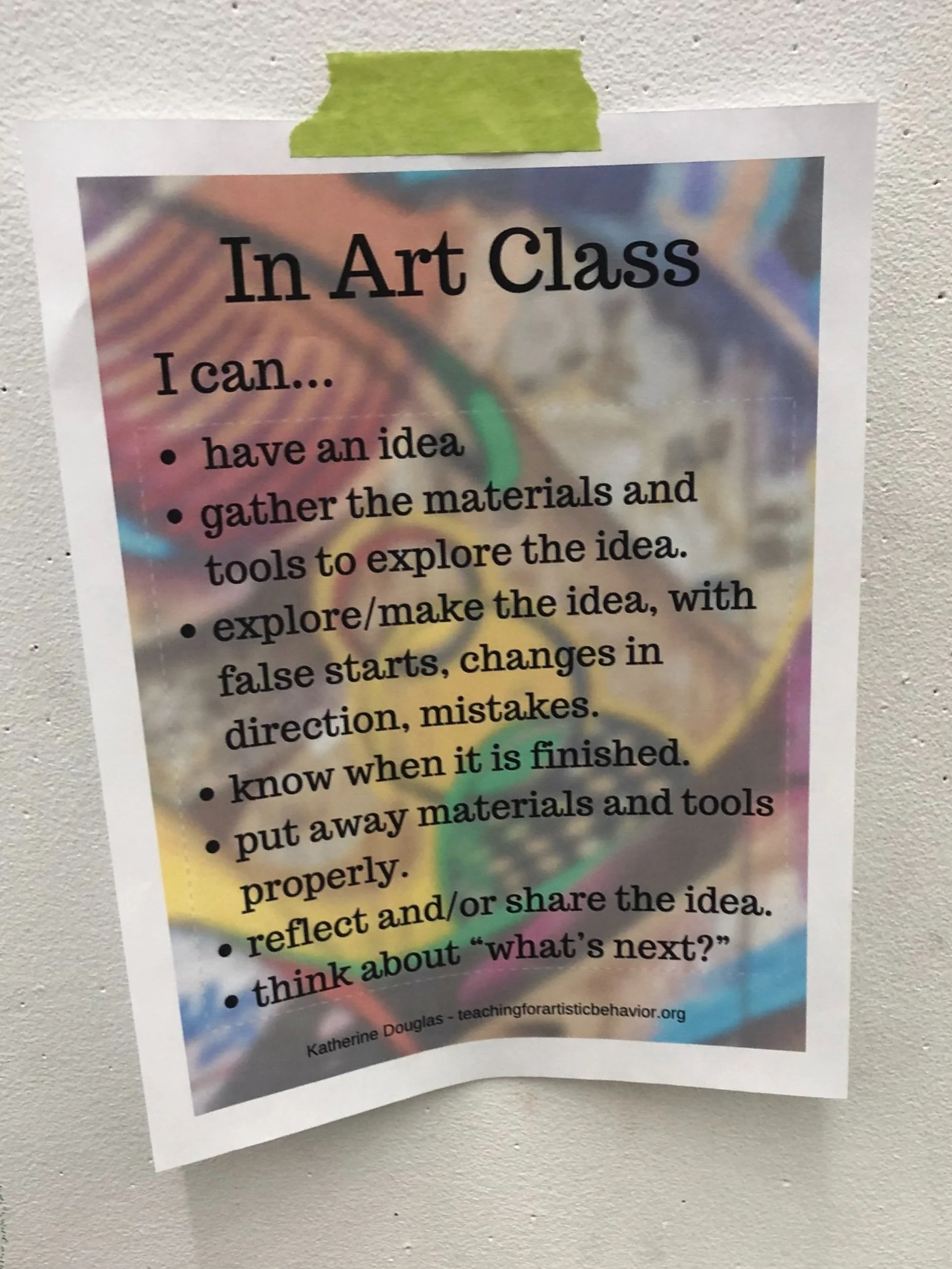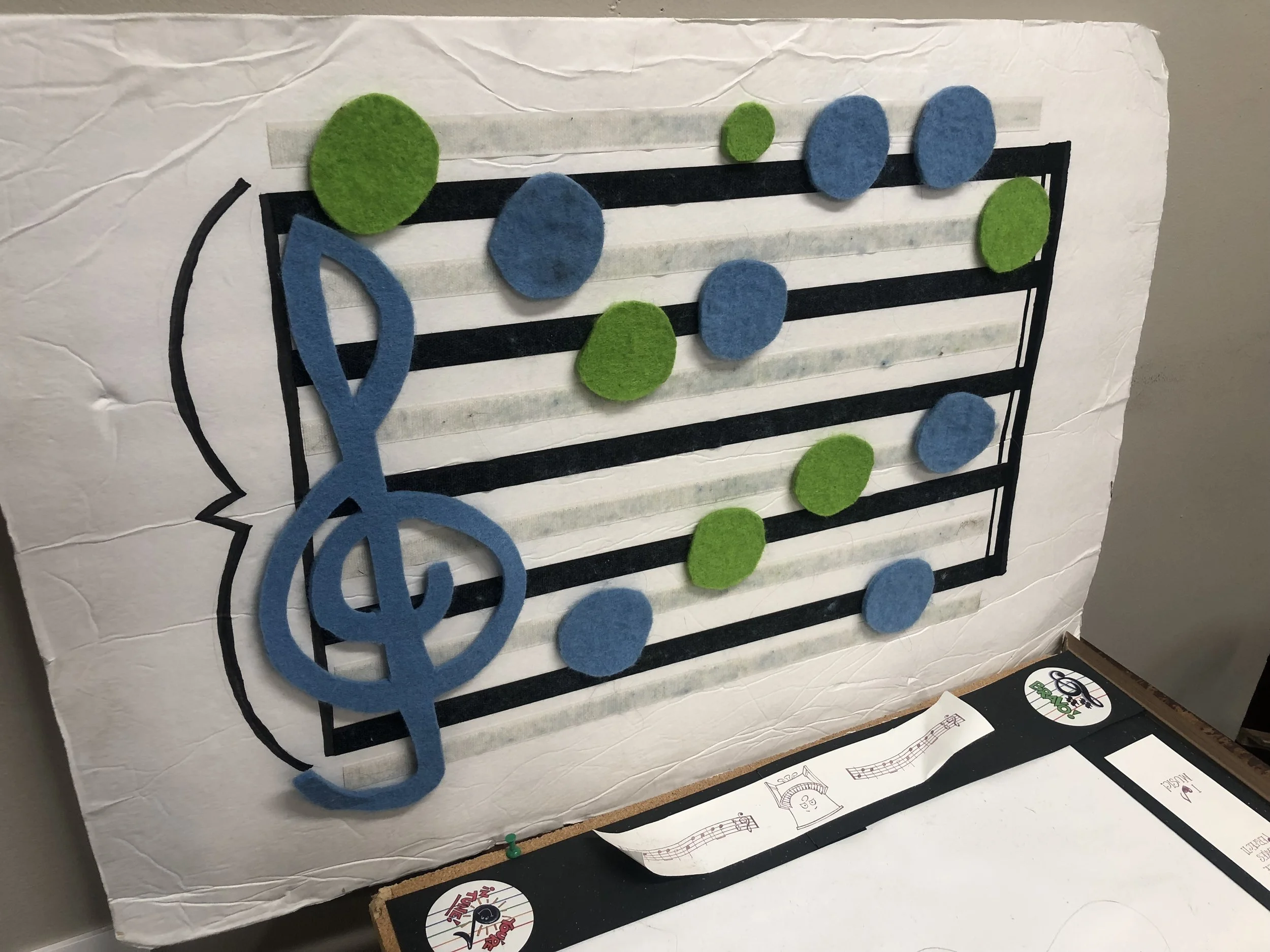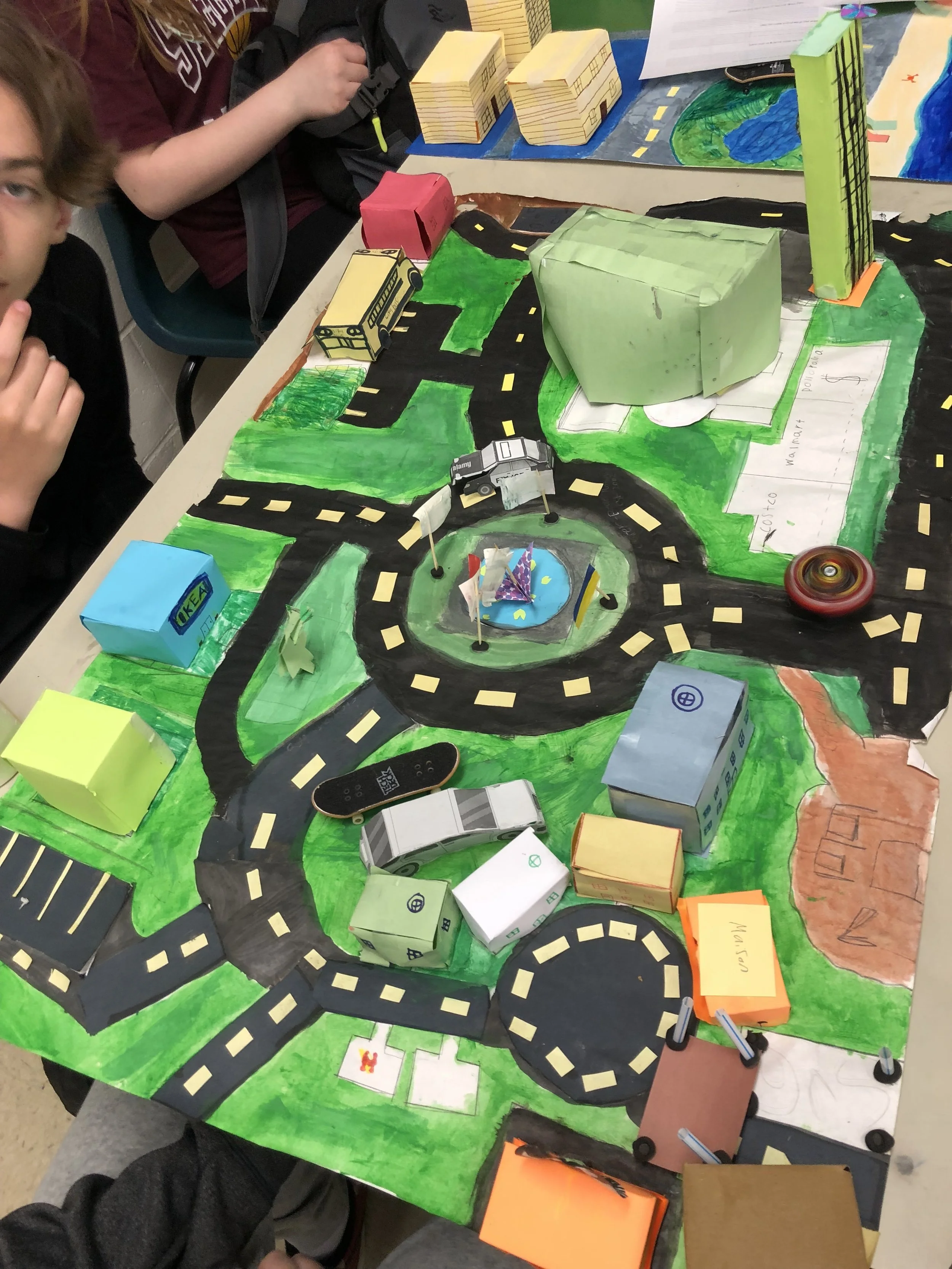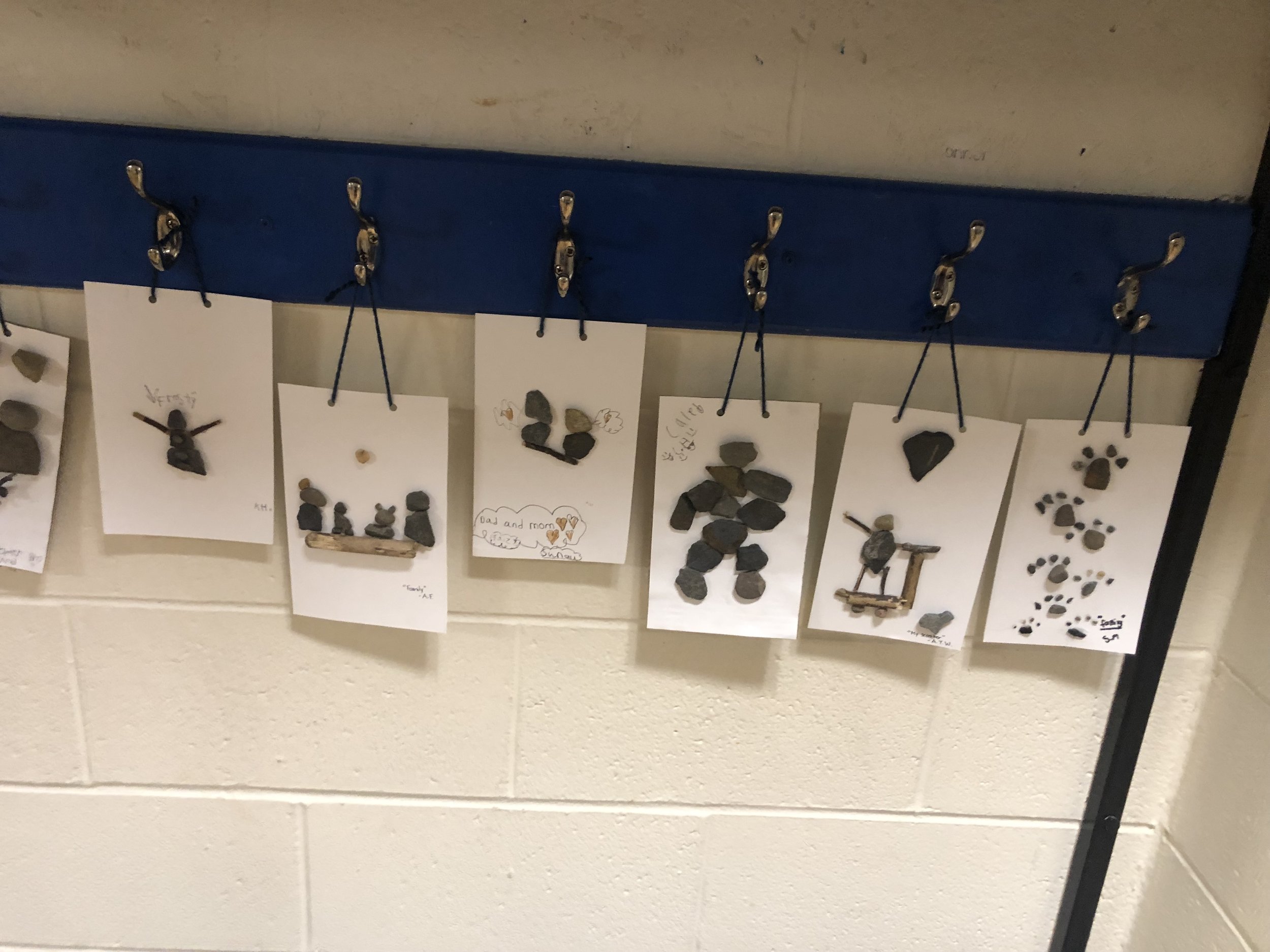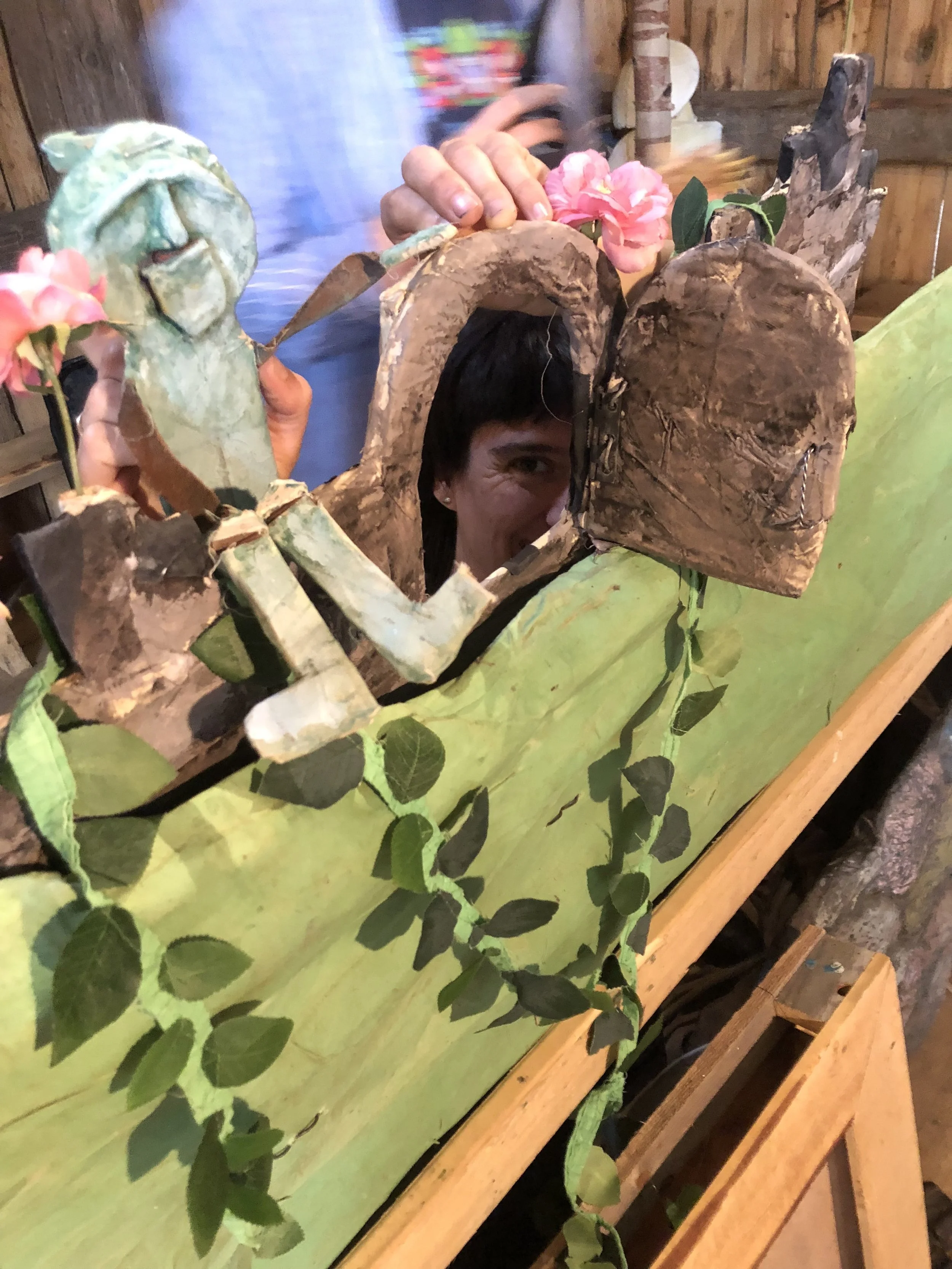About me
I’m a certified (ITC/TC5) Elementary teacher based in Halifax Nova Scotia. I completed my Bachelor of Music at St. Francis Xavier University and my Bachelor of Education at Mount Saint Vincent University. I hold an ORFF certification (Level I) for elementary music. I am currently completing a Master of Education in Literacy (Science of Reading) at Mount Saint Vincent University. I taught a grade 2/3 class at Rockingstone Heights School in 2024-25 school year. I currently teach Elementary music at a circuit of 3 schools in HRCE. I have been a musician and music teacher for over ten years but it wasn’t until a few years ago that I decided to teach in the public schools.
My own experiences of elementary and secondary schooling is not one that would be considered typical as compared to most of my peers. I grew up in Iran and that is where I went to elementary school. My family and I later moved to India where I did my secondary education in a completely different culture and language. Years later, I ended up in Nova Scotia, Canada where I did my post-secondary education. My path of immigration, my family’s displacement, and my experiences of navigating the different education systems are some of the main driving factors in my decision to become an elementary teacher. My background as a multifaceted musician, composer, improviser, and instrumentalist is yet one of my greatest assets in the classroom. Music is a universal language, and everyone can be musical in one form or another. My extensive study of jazz, classical, Iranian classical, Carnatic (South Indian Classical), and Konnakol (Rhythmic Language) have contributed further to my pedagogy toolbox. I find music to be a great tool in numerous areas including classroom management, literacy, and numeracy.
Teaching Philosophy
***
Education, like most professions, is an ever-evolving ever-evolving process that involves life-long learning. In our schools, we face society at large with all of the challenges, needs, and wonderful things it has to offer. Over the span of my Music and Education career I have become familiar with numerous schools of thought, methodologies of pedagogy, and philosophies in education. Some of these have influenced my teaching practice directly, my life outside of education, and some of these I have criticized or deemed as unnecessary. Everything is context-driven. There is no thought, situation, experience, or method that does not fit this description. I approach teaching with the awareness that it is a multi-dimensional life-long learning endeavor. As a teacher, my goal is to facilitate a safe, nurturing, and fun learning experience for my students. I aim for a process that helps all my students develop an academic as well as social sense of belonging in the school. In order to achieve that, it is necessary to engage in community and develop relationships and familiarity with our communities to learn about our student's culture and home lives.
Over the many years of teaching music lessons, my main approach has been the inquiry method of teaching. This is an approach that stems from my students’ interests and learning styles with a specific outcome in mind. In this way, I help my students gain a sense of ownership over their learning by asking them the right questions and allowing them to find the answers for themselves. It is important for me to help my students foster a sense of security around their learning. I aim to help my students learn and develop in a way that avoids creating a link between their sense of self-worth to their abilities and skills.
I achieve this by explicitly teaching fundamental skills and knowledge while facilitating ample opportunities for practice and engagement through an inquiry-based method. I value creativity as much as literacy and numeracy. However, instead of it being a content-base branch of education, creativity can be embedded in the learning process, which can be used as another way to develop students’ sense of belonging and give them agency over their learning while integrating literacy, math, science or social studies.
It is important to teach about gaining and maintaining a growth mindset and discuss the value of making mistakes and the merit of challenges we face in our learning path. It is through explicit teaching of these ideas that we can help students develop the right attitudes towards challenges and making mistakes. In this way, we can foster a more secure relationship between our students and their learning with an emphasis on life-long learning right from the elementary years.
In the recent years, I have come to learn about many tools and techniques that revolve around the concept of inclusion and equity in education. This is a topic that is very complex and very context-driven. As teachers, we must strive to develop and grow every day and gather more tools and methods to facilitate an inclusive classroom. We also must get comfortable with asking for help and support from our school community and various support teams in our schools. We all have our own strengths, and we learn in different ways and through different senses and processes. I am very much driven by methodologies based in Universal Design for Learning and Multi-tiered system of support (UDL and MTSS), I feel the most important factor in inclusive education stems from our connections, relationships, and understanding of the individual learners as well as the wider community. In simple words, we must figure out how they learn, and what works for them and teach them in those ways, while not being afraid to facilitate a challenging learning environment by having pre-conceived the idea that challenge is good. I often say to my piano students, “There isn’t anything that is difficult, it’s just unfamiliar. However, sometimes there are things that may be out of the range of our capabilities at this time, or perhaps we need to learn a few things before we can tackle something at this level. When you find something difficult, that is usually a sign that you are learning something new.”
As for something that I’m excited to learn more about, I would like to briefly mention the concept of ‘Unconditional Teaching’ by Alfie Kohn or Unconditional Positive Regard (UPR). This refers to a mindset that is based on equity-centered and Trauma Informed education.
UPR in simple language encourages teachers to hold the following stance in regard to their students:
I care about you.
You have value.
Nothing will change my mind.
It’s important to recognize that UPR does not suggest that we take accountability away from students, but we change the lens we use to hold students accountable. This lens creates a mindset where that care is not earned, it is assumed. You (students) are allowed to mess up and make mistakes. That doesn’t affect your worth or how I feel about you.
If someone is not predisposed to UPR, we must focus on relationship building. We can learn about student interests, or factors in student’s life that we don’t understand or perhaps even bother us. We must look at all possibilities that make students excited with the awareness that a student’s behavior or attitude could be their way to protect themselves depending on their past experiences. This is something that deeply resonates with me, and I intend to learn more about this in practice.
Mount Saint Vincent University
Bachelor of Education (Elementary)
Halifax, NS
2024
Education
St. Francis Xavier University
Bachelor of Music in Jazz Studies
Antigonish, NS
2020
Nova Scotia Community College
Music Arts Diploma
Dartmouth, NS
2018
Swarnabhoomi Academy of Music
Music Performance Diploma
Tamil Nadu, India
2013
Certificates
Art in The classroom


